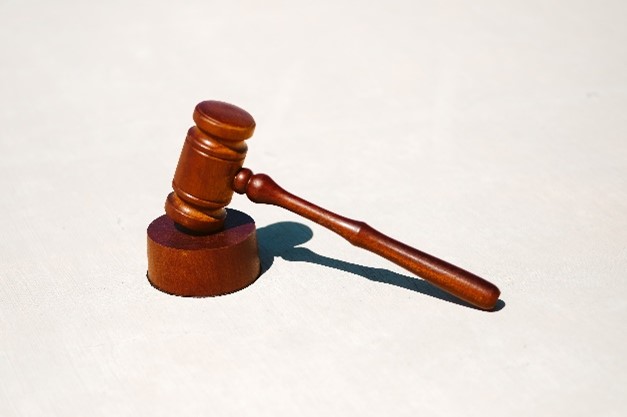
When disputes arise, especially those involving small sums of money or personal matters, the small claims court can provide a cost-effective and straightforward way to seek resolution. In England and Wales, the small claims court is designed to handle cases involving claims of up to £10,000. In this blog, we’ll provide a step-by-step guide to help you navigate the small claims court and resolve your disputes effectively.
- Determine if Small Claims Court is Appropriate
Before proceeding, it’s essential to determine whether your case is suitable for the small claims court. Common small claims include disputes over unpaid bills, property damage, consumer complaints, and landlord-tenant issues. Cases involving complex legal issues may not be appropriate for this court.
- Attempt Negotiation and Mediation
In many cases, it’s advisable to attempt negotiation or mediation before going to court. This can save time and money. Consider contacting the other party and discussing the issue to see if an agreement can be reached.
- Gather Evidence
If negotiation fails, start collecting evidence for your case. This may include contracts, invoices, photographs, correspondence, or any relevant documents that support your claim. Ensure you have a clear and organized presentation of your case.
- Complete the Claim Form
To start the small claims court process, you need to complete a claim form. In England and Wales, this can be done online through the Money Claim Online service. Provide all necessary information and details about your claim, including the amount you are seeking.
- Pay the Court Fee
A court fee is associated with filing a claim. The fee varies depending on the amount of the claim. You can pay this fee online or by check.
- Notify the Other Party
Once your claim is filed, the court will notify the other party and provide them with a response pack. This pack contains details on how to respond to the claim. The other party has a specified period to respond.
- The Hearing Date
If the dispute isn’t resolved during the initial response stage, the court will set a hearing date. Both parties will be informed of the date, time, and location of the hearing.
- Preparing for the Hearing
Before the hearing, ensure you have all your evidence organized. You can bring witnesses if their testimony supports your case. Be prepared to present your case clearly and succinctly.
- The Hearing
During the hearing, both parties will have the opportunity to present their case. The judge will listen to both sides, consider the evidence, and make a decision. It’s important to be respectful and professional during the hearing.
- The Judgment
The judge will issue a judgment following the hearing. If the judgment is in your favour, the other party will be ordered to pay the amount you claimed. If the judgment is against you, you may be ordered to pay the other party.
- Enforcement of the Judgment
If the other party fails to comply with the judgment, you may need to take steps to enforce it. This can include actions such as obtaining a warrant to seize property or garnishing wages.
In conclusion, the small claims court in England and Wales provides a practical way to resolve disputes involving relatively small sums of money or personal matters. It’s essential to follow the step-by-step guide and be prepared for the process. Consider seeking legal advice if you are unsure about your case or need assistance with any aspect of the small claims court procedure. Whether you’re a claimant or a defendant, understanding your rights and responsibilities is key to achieving a fair and efficient resolution in the small claims court.




